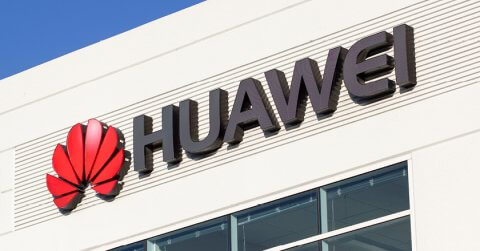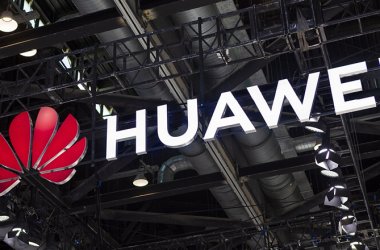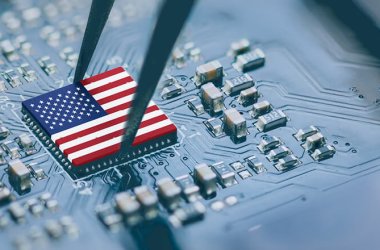
Chinese technology company Huawei is restricted to developing no more than 200,000 advanced AI chips in 2025, according to U.S. exports controls official. Though the number is below the company’s demand, there is still concerns within the U.S. that China is quickly catching up to their capabilities.
Since 2019, a slew of U.S. export rules aimed at curbing China’s technological and military advancements have limited access by Huawei and other Chinese firms to high-end U.S. chips and the equipment needed to produce them. The issue has become a flashpoint in U.S.-China relations.
Facing those restrictions, Huawei aims to ship its Ascend 910C AI chips to Chinese customers as an alternative to those made by the United States’ Nvidia, the global leader.
“Our assessment is that Huawei Ascend chip production capacity for 2025 will be at or below 200,000 and we project that most or all of that will be delivered to companies within China”, Jeffrey Kessler, Under Secretary of Commerce for Industry and Security at the Commerce Department, told a congressional hearing.
Kessler said that the U.S. should not take comfort in the figure.
“China is investing huge amounts to increase its AI chip production, as well as the capabilities of the chips that it produces. So, it’s critical for us not to have a false sense of security, to understand that China is catching up quickly”, he told the House of Representatives Foreign Affairs South and Central Asia subcommittee.
White House AI Czar David Sacks said on Tuesday that China was only 3-6 months behind the U.S. in AI. The White House later said he was referring to China’s AI models, adding that Chinese AI chips are one to two years behind their U.S. counterparts.
Huawei’s CEO Ren Zhengfei told Chinese state media on recently that the company’s chips were a generation behind those of U.S. competitors, but that it invests more than $25 billion annually to improve performance.
Source: Reuters
Image Credit: Huawei





